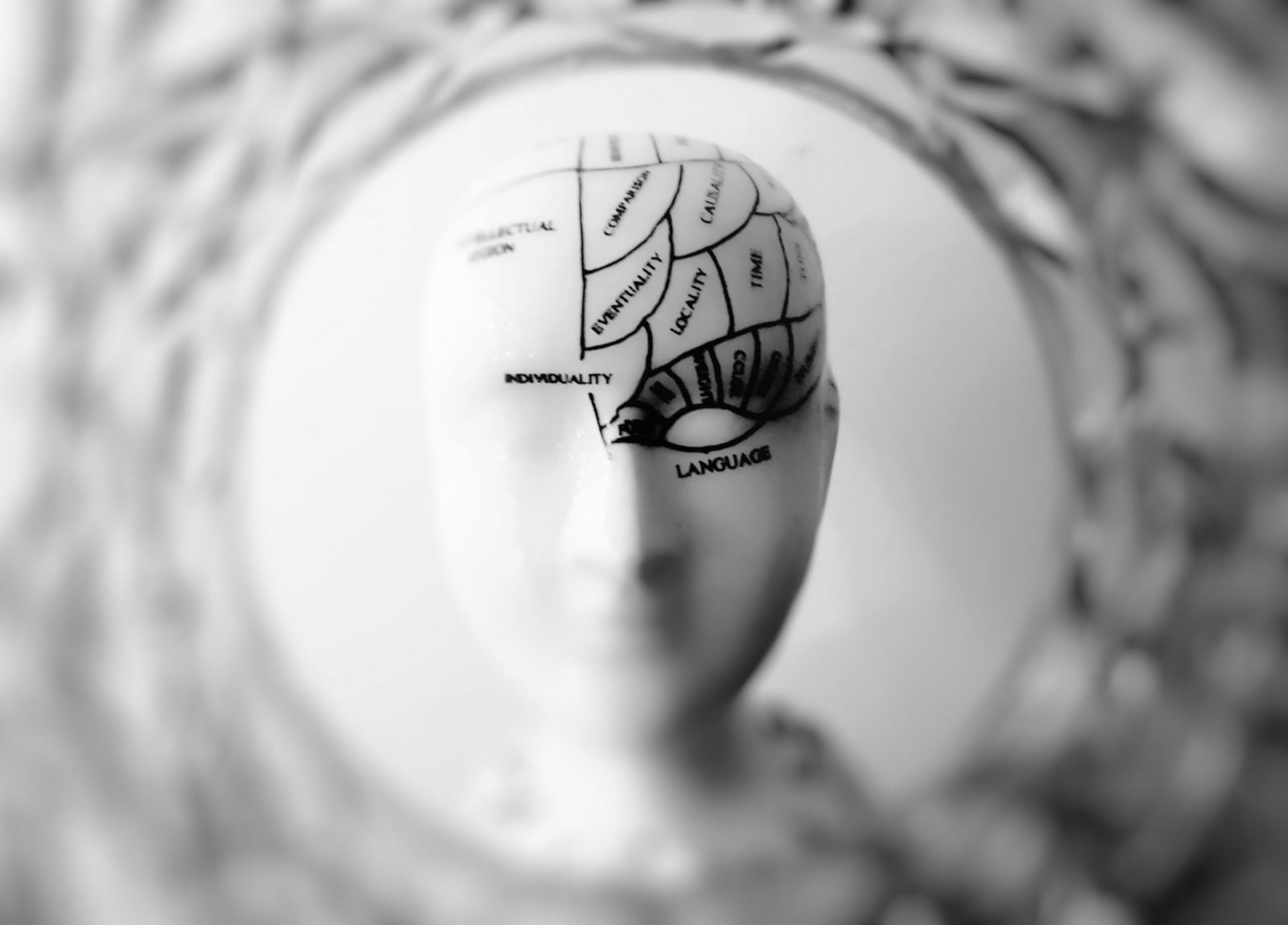Cognitive fitness is recognised as a way to prevent dementia, similar to how physical fitness reaps health benefits. Maintaining good cognitive fitness involves the following lifestyle factors:
- Eat a nutritious diet, such as a combination of Meditarranean and DASH diet (called MIND – Mediterranean-DASH Intervention for Neurodegenerative Delay) which can reduce Alzheimers by 53%. More whole grains, salad, vegetables, nuts, beans, poultry, fish and berries, and less fried food, cheese, red meats, butter and sweets
- Exercise daily, which helps with verbal fluency and memory, concentration and memory. Even 20 minutes regularly helps
- Get adequate, good quality sleep, which helps eliminate amyloid proteins from forming plagues in our brains (that leads to Alzheimers). But too much might not be good (more than 9 hours daily)
- Manage stress otherwise it can build up – cortisone, a hormone produced with acute or chronic stress, is linked to memory decline. Ensure any trauma or grief is adequate dealt with
- Connect with others, given adults who live alone are twice as likely to develop dementia
It has been demonstrated that even in families with a strong history of dementia that lifestyle modification works. For example, cheese, a glass of red wine and eating lamb, but reducing salt overall, can reduce the risk of dementia in those with strong genetic factors already in the family.
Keeping our brains active also enables cognitive fitness – here are some examples:
- A large study showed that doing puzzles, together with exercise, routine activities of daily living, plus some form of community (e.g. singing), helped prevent decline in cognitive abilities after a year
- Jigsaw puzzles in particular, has been shown to recruit multiple cognitive abilities and is a protective factor for visual-spatial cognitive ageing
- Playing a card game can increase brain volume in several areas of the brain, as well as boost memory and cognitive skills
- Working on your vocabulary, which exercises both visual and auditory centres in the brain
- Learn to dance, which has been shown to increase your brain’s processing speed and memory
- Learn a new skill, which helps improve memory function in older adults
- A study found listening to happy music helps generate more innovative solutions compared to being in silence
- Learn a new language- being bilingual can contribute to better memory, improved visual-spatial skills, and better creativity
- Meditate, which fine-tunes memory and increase our brain’s ability to process information (it’s also great for relaxation, anxiety or depression)
Consider these Apps to train our brain – Lumosity, CogniFit Brain Fitness, Personal Zen, Fit Brains Trainer, Eidetic & Happify.
Our lifestyle choices are important as we all get older – keeping fit and active, eating well, getting good sleep, staying connected and dealing with stress are key.
References:
- https://www.alzheimers.org.uk/blog/there-link-between-stress-and-dementia-risk
- https://www.healthcentral.com/article/mind-diet-and-alzheimers-risk-reduced
- https://www.health.harvard.edu/promotions/harvard-health-publications/cognitive-fitness-ecourse-apr2020-test?utm_source=delivra&utm_medium=email&utm_campaign=EL20200728-CognitiveFitness&utm_id=2320216&dlv-emuid=70371c38-e785-4df0-b856-31807a40cf0b&dlv-mlid=2320216
- https://www.healthline.com/health-news/how-sleep-cleanses-your-brain-and-helps-lower-your-dementia-risk
- https://www.sleepfoundation.org/articles/what-your-sleep-habits-reveal-about-your-dementia-risk
- https://www.express.co.uk/life-style/health/1321855/dementia-exercise-alzheimers-disease-symptoms-signs-workout-this-morning
- https://www.everydayhealth.com/alzheimers/the-loneliness-dementia-link.aspx#:~:text=On%20the%20flip%20side%2C%20the%20risks%20of%20isolation,even%20more%20complex%20once%20a%20person%20has%20dementia
- https://www.verywellhealth.com/do-crossword-puzzles-prevent-dementia-98429
- https://www.healthline.com/health/mental-health/brain-exercises#Brain-exercises
- https://content.iospress.com/articles/journal-of-alzheimers-disease/jad201058
